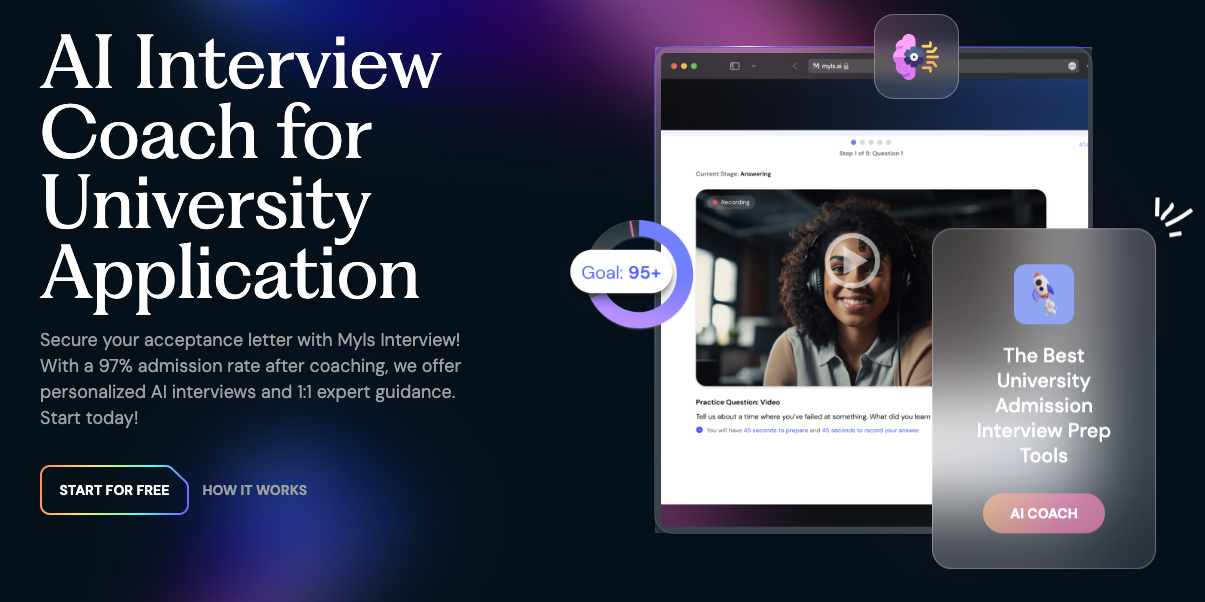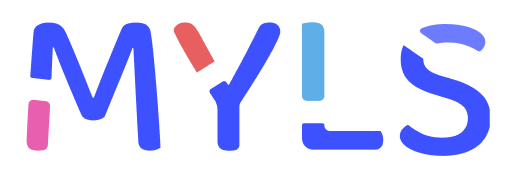Career Outcomes by Major: What the Data Really Says
What can you really do with a history, biology, or business degree? This blog breaks down data on career outcomes by university major, so you can choose your undergraduate program with confidence—and align your goals with real job market trends.

Why Outcomes Matter—But Shouldn’t Define Everything
You’ve likely heard it all before—“Follow your passion,” “Choose a practical degree,” or “Don’t worry, you’ll figure it out later.” When it comes to selecting a university major, there’s no shortage of opinions. But what does the actual data say about where your degree might take you?
Understanding career outcomes by major doesn’t mean you’re locked into a job from day one—but it does help you make smarter, more informed decisions. Whether you’re exploring a Bachelor of Arts, Science, Commerce, or Engineering, this blog will break down what we know about the job prospects, salaries, and flexibility associated with different undergraduate degrees—especially in Canada.
What We Mean by “Career Outcomes”
Not Just Jobs—Also Skills, Income, and Pathways
When we talk about career outcomes, we’re looking at:
- Employment rates after graduation
- Median starting salaries by field
- Top industries hiring from each major
- Postgraduate study trends
- Skills developed that employers value
This gives you a fuller picture—not just “Where will I work?” but “What can I do with this degree?”
Overview: Career Outcomes by Major (Canada Data Snapshot)
1. Business & Commerce Majors
- Top careers: Marketing, finance, consulting, accounting, management
- Median starting salary (Canada): ~$55,000–$65,000
- Employment rate within 6 months: 90–95% (varies by school & co-op experience)
Business programs are consistently among the most employable undergraduate degrees. Students with co-op experience (e.g., U of T, UBC, Ivey, and Queens) often receive job offers before graduation. High-growth areas include data analytics, fintech, and sustainability-focused roles.
2. Engineering & Computer Science Majors
- Top careers: Software developer, mechanical engineer, data analyst, AI researcher
- Median starting salary: ~$65,000–$75,000+
- Employment rate within 6 months: 93–98%
STEM majors—particularly those in engineering, software, and data—lead in earnings and job placement. These degrees also open doors to graduate school, research, or entrepreneurial paths. Employers value hands-on project work and technical problem-solving.
3. Health & Life Sciences
- Top careers: Clinical research, lab technician, healthcare analyst, medical school pathway
- Median starting salary: ~$45,000–$55,000
- Postgrad requirement? Often, yes (e.g., medicine, pharmacy, physiotherapy)
Life sciences degrees are often chosen as stepping stones to graduate programs in medicine or healthcare. Direct-entry roles are available, but many students pursue further study. Strong biology and chemistry foundations are key.
4. Humanities & Social Sciences
- Top careers: Education, law, public service, communications, non-profit management
- Median starting salary: ~$40,000–$50,000
- Employment rate within 6 months: 85–90%
These degrees often develop critical skills—writing, analysis, argumentation—that are useful across many fields. While initial salaries may be lower, career mobility increases with experience or additional training (e.g., master’s, teaching degree, law school).
5. Fine Arts & Creative Degrees
- Top careers: Designer, filmmaker, UX/UI, content strategist, entrepreneur
- Median starting salary: ~$35,000–$45,000 (higher with tech integration)
- Self-employment or freelance rate: 30%+
Fine arts majors often forge unconventional career paths. Those who combine creativity with tech (e.g., design + programming) often find strong roles in media, advertising, and digital production. Networking, internships, and portfolio development are key.
Beyond the Salary: Transferable Skills Matter
Regardless of your major, employers across industries value the following:
- Communication and writing (humanities, business)
- Quantitative reasoning (math, economics, sciences)
- Technical fluency (CS, engineering)
- Collaboration and leadership (any group-based program)
- Adaptability and research (especially in interdisciplinary fields)
What you do in your major—internships, research, extracurriculars—can matter more than the major itself.
Do “Top Universities” Make a Difference?
Reputation, Co-op Access, and Alumni Networks
Graduating from a well-known school can open doors—but mostly because of the opportunities offered there, like:
- Competitive co-op or internship placements
- Strong alumni networks in your target industry
- Research access or case competitions
- Visibility with global employers
Choosing a top university helps when it aligns with your field (e.g., Waterloo's CS, U of T's Rotman, UBC). But the fit between you and the program is what drives outcomes long term.
Real Questions to Ask When Comparing Degrees
- What kinds of internships or co-ops do students in this major typically pursue?
- How many grads go on to professional school or graduate degrees?
- What are the most common first jobs for this program’s alumni?
- Does this program offer skills I can apply across industries?
- Do I see myself enjoying this subject for 3–4 years?
Use university websites, LinkedIn alumni pages, and career outcome dashboards to answer these.
How Myls Interview Helps You Make a Data-Informed Major Choice

At Myls Interview, we help students go beyond the brochure. Our academic planning team combines interest assessments, performance data, and university-level subject trials to match you with the right undergraduate major—and we support you once you’ve started.
Here’s how we help:
- Personalized Course & Major Planning using academic strengths + career data
- Access to outcome profiles by major from top universities in Canada and abroad
- Tutoring in first-year core courses to make sure you succeed in business, science, math, and more
- Decision coaching to weigh offers and choose between programs with confidence
Whether you’re applying soon or narrowing your list, we make sure you align your university major with real-world outcomes—without losing sight of your interests and strengths.
Book your mentor session today and explore what your degree could really lead to—with help from Myls Interview.




